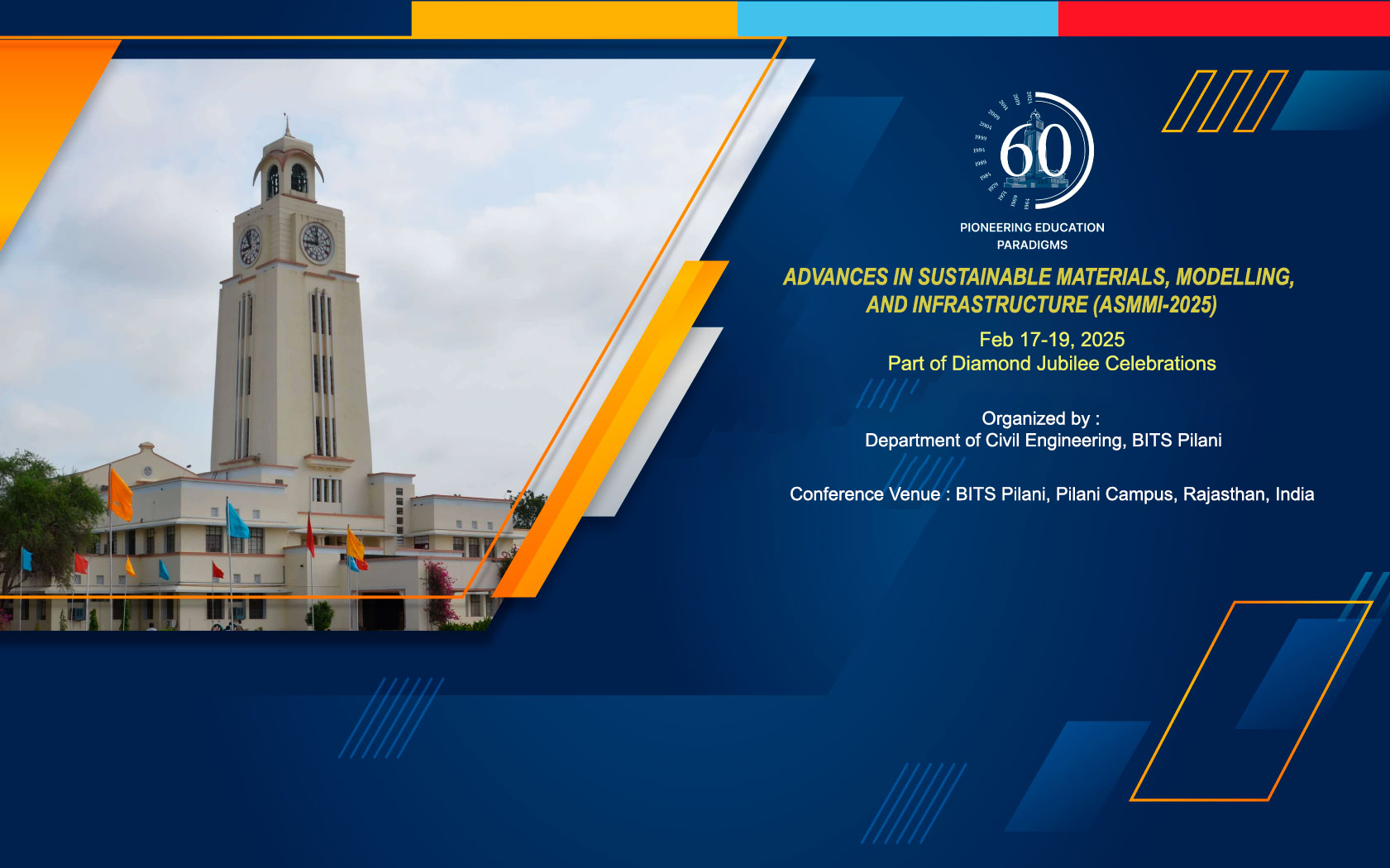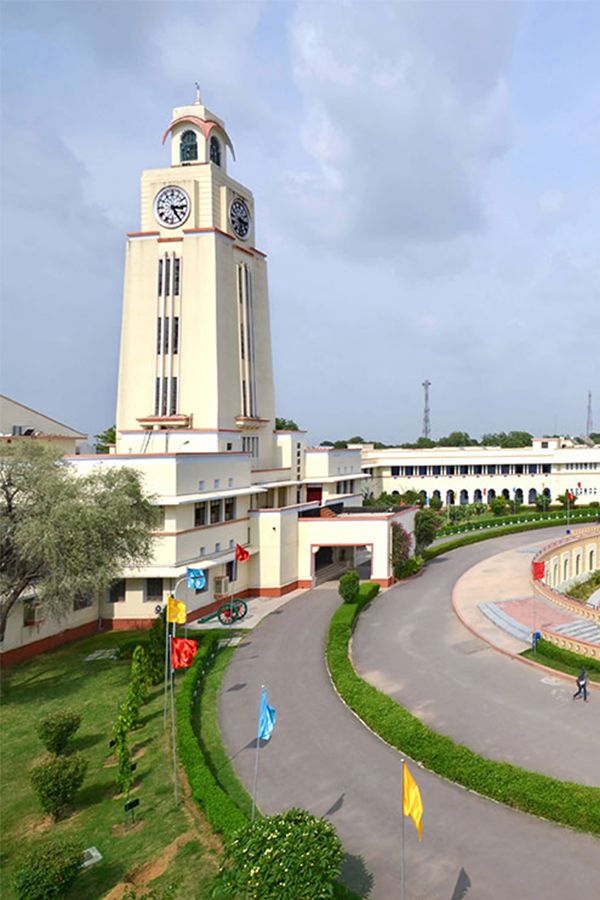Abstract Submission
EXTENDED ABSTRACT
Prospective authors are hereby invited to submit an extended abstract of not more than 1,000 words on the conference website. Full contact information (name, affiliation, e-mail ID and Tel/Fax number) of the corresponding author must be provided. Abstracts will be reviewed by the technical committee, and the acceptance of abstracts will be notified on the conference website. Templates for the preparation of abstracts and full-length papers will be made available on the conference website.
PUBLICATIONS
Authors of the selected extended abstracts will be invited for full length paper submission. A maximum of 15 page manuscript soft copy (in the form of an MS word document) should be uploaded on the conference website. The paper should be strictly well within 15 pages fully inclusive of text, illustrations and references. The manuscript would be peer-reviewed and authors would then be informed of the comments/review/suggestions through the review process for the subsequent submission of the revised manuscript. Conference participants will be provided with e-proceedings.
It may be noted that all accepted papers will be published as book chapters in Springer Nature Proceedings in Materials.
LINK FOR EXTENDED ABSTRACT SUBMISSION - Click Here to Submit Abstract
THEMES AND SUBTHEMES
- Sustainable Materials
- Innovative Sustainable Construction Materials
- Recycled and Reused Materials in Infrastructure
- Green Concrete and Cement Alternatives
- Life Cycle Assessment of Construction Materials
- Durability and Performance of Sustainable Materials
- Advanced Modelling Techniques
- Computational Modelling in Civil Engineering
- Finite Element Analysis (FEA) for Sustainable Design
- Predictive Modelling for Infrastructure Performance
- Multiscale Modelling of Construction Materials
- Modelling of Laminated Composite Structures
- Sustainable Infrastructure Design
- Climate-Resilient Infrastructure
- Sustainable Urban Infrastructure Planning
- Low-Carbon Infrastructure Solutions
- Infrastructure Adaptation to Climate Change
- Uncertainties, Risk, and Reliability Assessment
- Innovations in Sustainable Construction
- Construction Technologies for Sustainable Infrastructure
- Building Information Modelling (BIM) for Sustainability
- Automation and Robotics in Sustainable Construction
- Modular and Prefabricated Construction Techniques
- Circular Economy in Construction
- Smart and Sustainable Cities
- Smart Infrastructure for Sustainable Cities
- Integration of Renewable Energy in Urban Infrastructure
- IoT and AI in Sustainable Urban Planning
- Urban Resilience and Sustainability Strategies
- Sustainable Transport and Mobility Solutions
- Water and Waste Management
- Sustainable Water Resource Management
- Wastewater Treatment and Recycling in Construction
- Solid Waste Management in Urban Areas
- Sustainable Drainage Systems
- Circular Economy Approaches in Waste Management
- Advanced Geotechnical and Geophysical Engineering
- Transportation Geotechnics
- Geotechnical Earthquake Engineering
- Geoenvironmental Engineering
- Rock Mechanics, Tunneling, and Underground Structures
- Slope Stability and Landslides
- Sustainable Practices in Transportation Engineering
- Road Safety Practices, Processes and Measures of Improvement
- Pavement Management systems
- Intelligent Transportation Systems
- Traffic Flow Modelling and Traffic Safety
- Pedestrian Dynamics Modelling
- Infrastructure Sustainability Assessment
- Life Cycle Analysis and Sustainability Metrics
- Environmental Impact Assessment of Infrastructure Projects
- Economic and Social Dimensions of Infrastructure Sustainability
- Sustainability Certifications and Standards
- Case Studies in Sustainable Infrastructure Projects
- Resilient Infrastructure Systems
- Disaster-Resilient Infrastructure Design
- Infrastructure Risk Assessment and Management
- Post-Disaster Reconstruction and Recovery
- Mitigation Strategies for Natural Hazards
- Resilient Infrastructure Planning for Climate Change
- Policy, Regulation, and Education in Sustainability
- Policies and Regulations for Sustainable Infrastructure
- Education and Training for Sustainable Engineering Practices
- International Standards for Sustainable Construction
- Stakeholder Engagement in Sustainable Infrastructure Development
- Sustainable Infrastructure Financing and Economics




